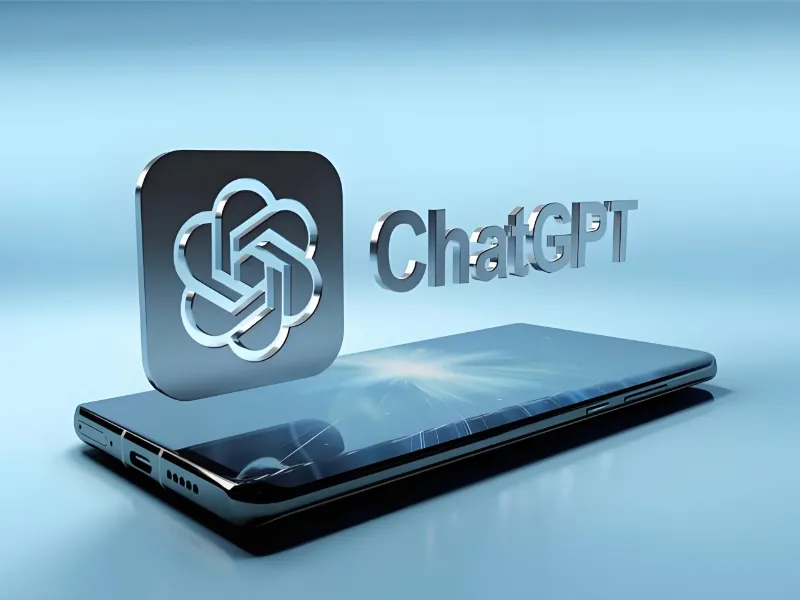- The core of ChatGPT is a complex neural network model designed to generate text based on patterns learned from large amounts of data.
- ChatGPT operates on a fixed data set, which means it cannot provide real-time information or browse the current web page.
ChatGPT is a powerful tool for generating text and answering questions based on learned patterns. However, it does not have the capability to search the internet or access real-time data. Its responses are generated based on the statistical associations within its training data, which means it can sometimes produce inaccuracies or fabricate references. It’s crucial to understand how ChatGPT operates, its capabilities, and its limitations.
Capabilities of ChatGPT: Beyond simple queries
At its core, ChatGPT is a sophisticated neural network model designed to generate text based on patterns learned from vast amounts of data. Imagine ChatGPT as a massive library where every word is transformed into a numerical vector. This transformation allows the model to discern patterns and relationships between words and sentences.
When you ask ChatGPT a question like, “What day of the week was 28 July 1914?” it responds correctly with “Tuesday.” This isn’t because it has direct access to a calendar or real-time data, but because the model has learned that the phrase “28 July 1914” is statistically associated with “Tuesday” from the texts it was trained on. It uses the patterns in its training data to generate accurate responses based on probability and context.
Also read: OpenAI unveils real-time voice mode for ChatGPT
ChatGPT is like internet searches: A misconception
A common misconception is that ChatGPT can search the internet in real-time. In reality, ChatGPT does not have the capability to access or retrieve live data from the web. It operates based on a fixed dataset that includes information available up to its last update, which means it cannot provide real-time information or browse current web pages.
When asked for links, citations, or references, ChatGPT will often fabricate them. This is because the model does not have access to external sources and cannot verify the accuracy of any information beyond what it has been trained on. It generates responses based on patterns and associations from its training data, and if it lacks concrete references, it may produce made-up or inaccurate citations.
Also read: Could ChatGPT’s Dan be the perfect boyfriend?
Limitations of pattern recognition
However, the model’s ability to generate accurate answers is not infallible. When faced with less familiar or obscure queries, its responses can falter. For instance, if you ask ChatGPT, “What day of the week was 1 December 1592?” it might incorrectly say Thursday, when the correct answer is Tuesday. Why does this happen?
The answer lies in the nature of ChatGPT’s training data. The model’s knowledge is derived from patterns observed in the text it was trained on, and its responses are influenced by statistical associations. For less commonly discussed dates or events, the connections between dates and days of the week may be weak or even incorrect. Consequently, the model may generate an incorrect response based on the limited or imprecise associations it has learned.
Given these limitations, it’s essential to use ChatGPT with an understanding of its capabilities and constraints. While it can provide insightful and accurate information based on its training data, users should approach it with a critical eye, especially when dealing with specific or less common queries. For real-time or highly accurate information, verifying details through reliable sources or search engines is recommended.

